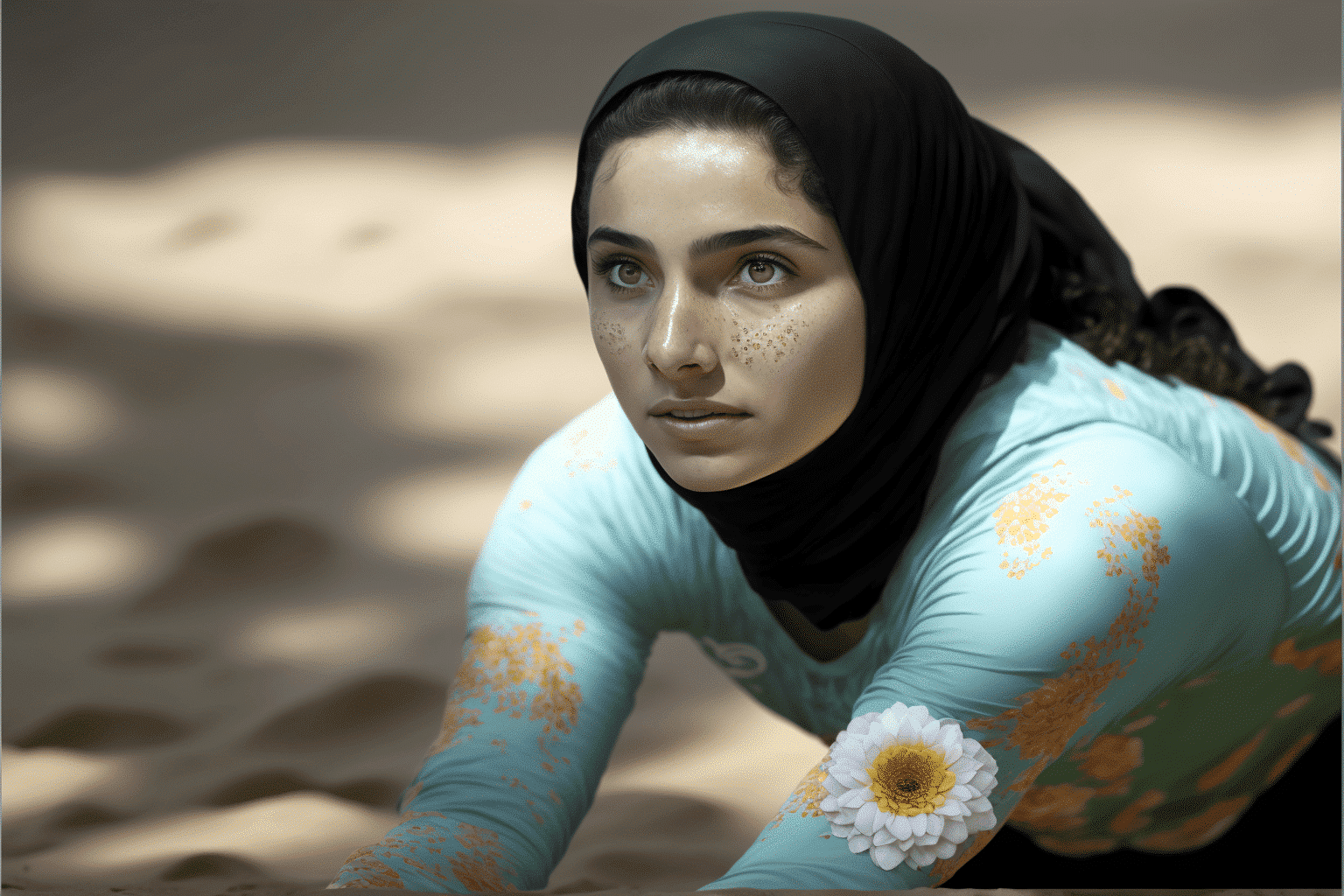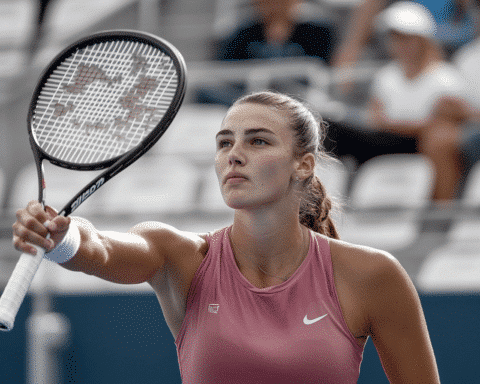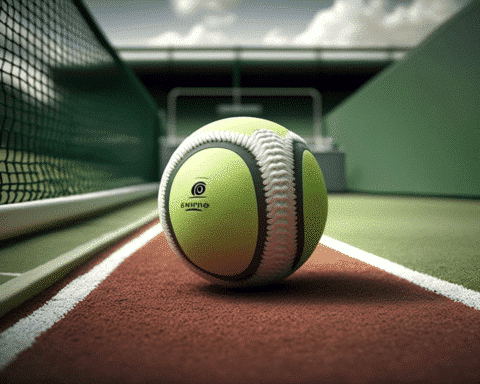As the first Grand Slam of the 2023 tennis season, the Australian Open, approaches, Tunisian tennis star Ons Jabeur is making history as the No. 2 seed. But she is not alone in her accomplishments as a Muslim woman in sports. Doaa Elghobashy, Ibtihaj Muhammad, and Aya Medany are also breaking barriers in their respective competitions and opening doors for a new generation of athletes.
Despite years of progress in making sports more inclusive for Muslim women and girls, there are still hurdles to clear. According to the Pew Research Center, there were nearly two billion Muslims around the globe in 2019. However, some Muslim women and girls still don’t vocalize their beliefs or wear clothing indicative of their faith.
Creating Opportunities
In recent years, camps and community programs designed to expose Muslim girls to sports and help them develop athletic skills have increased. More Muslim-majority countries have also allowed women to participate in international sporting events. Nearly half of all competitors in the 2020 Tokyo Olympics, which included 5,457 women, represented countries designated as Muslim-majority.
In the United States, the National Federation of State High School Associations (NFHS) recently changed its rules to permit student-athletes to compete in religious head coverings as long as they don’t pose a risk to other players. The National Collegiate Athletic Association (NCAA) has different headgear rules for different sports. Women’s basketball rules currently require students to get waivers to wear religious headwear. An NCAA spokesperson said that the organization has granted all of the basketball waivers in the past and that it is considering a proposal in May to drop the requirement.
The Women’s National Basketball Association (WNBA) does not require players to submit waivers, according to WNBA PR. Recently, legislation like Maryland’s Inclusive Attire Act, which allows students to wear religious headwear in school and in sports, has been passed in some states.
Challenges and Discrimination
Despite these changes, Muslim women athletes still face challenges and discrimination, and some still feel the need to hide their faith to avoid backlash. These athletes are also working to change perceptions and break stereotypes about Muslim women. They want people to focus on their athleticism rather than their clothes or religion.
Advocate for Greater Inclusion
These Muslim women athletes are also using their platform to advocate for greater representation and inclusion of women in sports, especially for Muslim women and girls. They are working to increase access to sports and training for Muslim girls and women and to provide role models and inspiration for future generations. They are also promoting the importance of education and pursuing their goals, regardless of the obstacles and challenges they may face.
Making an Impact These athletes are making a real impact in the world of sports and also breaking down barriers and stereotypes of Muslim women in society. They are showing that Muslim women can be successful and accomplished in any field, including sports, and that their faith and culture can be a source of strength and inspiration. They are challenging the notion that Muslim women are oppressed or restricted in their choices and opportunities and proving that they can excel and achieve their goals with hard work and determination.
Promoting Cultural and Religious Diversity
These athletes are also highlighting the importance of cultural and religious diversity and representation in sports and the benefits of having a more inclusive and varied sports community. They are providing a positive representation of Muslim women in the media and changing perceptions of what Muslim women can accomplish.
“These athletes are trailblazers and role models for young Muslim girls and women everywhere,” says Aya Medany, an Egyptian pentathlete and advocate for gender equality in sports. “They are proving that anything is possible, no matter your faith or culture. We need to continue to support and uplift these women, and create even more opportunities for them to excel in sports.”
Ons Jabeur, who is the first Arab woman to break into the top 50 of the WTA rankings, agrees. “I hope that my success will inspire more Muslim girls to pursue their dreams in sports,” she says. “It’s not always easy, but with hard work and determination, anything is possible.”
Doaa Elghobashy, an Egyptian beach volleyball player, is also using her platform to inspire and empower young Muslim women. She is currently training to help Egypt qualify for the 2024 Paris Games in beach volleyball. “I want to show that Muslim women can be strong and successful in sports and that our culture and faith can be a source of pride and inspiration,” she says.
Ibtihaj Muhammad, an American fencer and the first Muslim American woman to win an Olympic medal, is also using her platform to empower women and girls through sports, her clothing line, and books. “I want to show that Muslim women can be fierce and accomplished in any field, including sports,” she says. “We need to continue to create opportunities and support for Muslim women and girls in sports so that they can reach their full potential.”
These Muslim women athletes are not only breaking barriers and making history in their respective competitions, but also making a real impact in the world of sports, changing perceptions and stereotypes about Muslim women, and advocating for greater representation and inclusion of Muslim women and girls in sports. They are proving that their faith and culture can be a source of strength and inspiration and that with hard work and determination, anything is possible.




